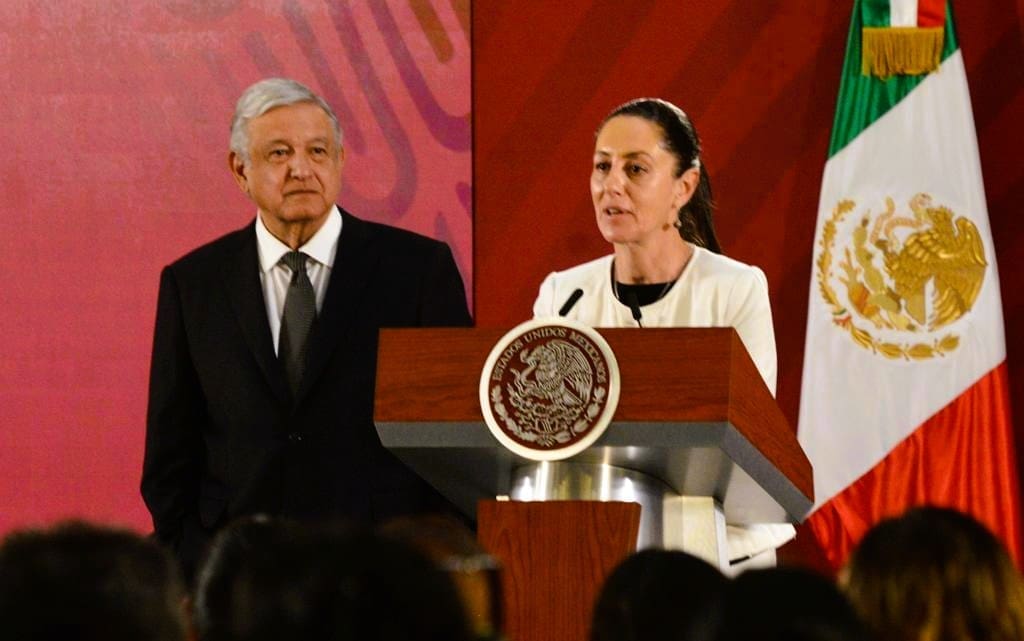In a bold move, the President of Mexico, Claudia Sheinbaum, announced the implementation of new tariff measures against the United States, countering the recent 25% import duty imposed by then-U.S. President Donald Trump.
President Claudia Sheinbaum of Mexico has decisively announced retaliatory tariffs in response to actions taken by U.S. President Donald Trump. This significant policy shift comes as a direct reaction to the unilateral tariff imposition by the United States, which has threatened to escalate if countermeasures are enacted.
During an official meeting at the presidential residence, Sheinbaum communicated via social media, emphasizing that Mexico will not be intimidated by external economic pressures. Her government has not disclosed the specifics of these tariffs, whether they will apply broadly or target particular sectors. However, this declaration underscores Mexico’s firm stance on maintaining its economic sovereignty.
The Mexican response stems from accusations made by the U.S. administration, alleging collusion between the Mexican government and criminal organizations. Sheinbaum fiercely refuted these claims, highlighting the responsibility of U.S. arms sales in arming such groups. ‘The real alliances with cartels exist within the armories of the United States,’ Sheinbaum asserted, referencing a U.S. Department of Justice finding.
Prominent business organizations in Mexico have quickly rallied in support of President Sheinbaum’s position, signaling a unified front against potential economic fallout. The Mexican Business Coordinating Council conveyed its full backing after a strategic meeting with Sheinbaum, illustrating the shared concern over the challenges posed by U.S. policies.
Economic expert Gabriela Siller of Banco Base warns of potential severe impacts on Mexico’s economy if the tariff battle continues. Siller foresees a rise in unemployment and inflation as possible consequences, alongside destabilization of key industries. She cautioned that retaliatory tariffs could doubly strain Mexican consumers and markets.
Some analysts, including Carlos Pérez Ricart from the Center for Research and Teaching in Economics, suggest targeting specific U.S. products with tariffs as a strategic response. Despite the complex economic landscape, they believe selective tariffs could mitigate broader economic harm.
Diplomatic voices have criticized the U.S. approach under Trump, describing it as unprecedented in international trade relations. Martha Bárcena, formerly Mexico’s ambassador to Washington, highlighted the harsh nature of the U.S. stance, equating it to a national security threat from Mexico.
Despite tensions, Sheinbaum remains open to dialogue with the U.S., focusing on security and public health. She notes Mexico’s recent efforts against drug trafficking and crime as examples of cross-border collaboration. ‘Mexico seeks cooperation, not confrontation,’ she reiterated, stressing the need for joint responsibility and respect in addressing shared challenges.
The Mexican President further emphasized the need for the U.S. to tackle domestic drug distribution and financial crimes comprehensively. ‘Coordination, yes; subordination, no,’ Sheinbaum declared, calling for an equal partnership in addressing these issues.
President Sheinbaum’s firm yet conciliatory approach highlights Mexico’s commitment to defending its economic interests while encouraging constructive dialogue with the United States. As tensions escalate, the effectiveness of these strategies remains critical for both nations in navigating their economic futures.













